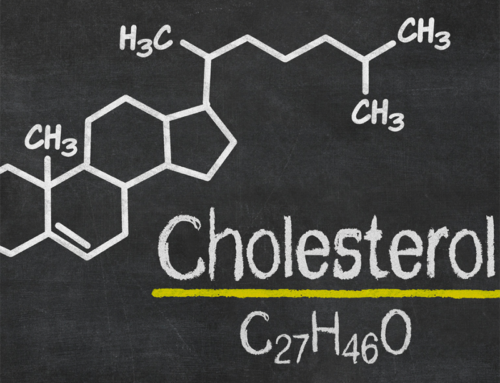Alpha-linolenic acid—the plant based omega-3 found in flaxseed—has been shown to be associated with a decreased risk of diabetes.
Any reader of this newsletter knows by now of the myriad health benefits associated with greater omega-3 consumption. But there have been relatively few studies comparing the effects of marine-based omega-3’s to plant based omega-3’s. The two omega-3’s found in fish—EPA and DHA—have long been touted for their benefits to the heart and brain. The plant-based omega-3 found in flaxseeds and flaxseed oil- has been less studied.
Now a study known as the Singapore Chinese Health Study has analyzed data from over 43,000 Chinese men and women free of chronic disease, aged 45-74 years old. The participants were followed for six years. The researchers compared dietary intakes from each of the three omega-3 fatty acids with the incidence of type ll diabetes.
The first finding was not surprising. Those consuming the highest amounts of omega-3’s from all sources had the lowest risk for diabetes—in other words, there was an inverse relationship between omega-3 consumption and diabetes risk.
But what was surprising was that when the researchers tabulated the dietary intake of individual fatty acids, they found no particular relationship between the marine omega-3’s (EPA and DHA) and decreased risk of diabetes. Those consuming the most ALA, on the other hand, had a statistically significant decreased risk of the disease.
“Consumption of nonmarine sources (ALA) of omega-3’s is associated with a decreased risk of type 2 diabetes.. (in this population)”, they concluded.
It’s worth noting that in the same issue of the American Journal of Clinical Nutrition, another study examined data from over 3000 older men and women over the course of 10 years and tracked their intake of all three omega-3 fatty acids. In this study, higher intakes of both the marine omega-3’s (EPA-DHA) and the plant based omega-3 (ALA) were found to be associated with lower risk of diabetes.
Bottom line: Get your omega-3’s from any source you can, but be sure to take them on a daily basis. It’s one supplement you really can’t afford to be without.














Although perhaps not germane to the risk of type 2 diabetes, it is worth noting that even if the conversion of ALA into EPA and DHA were nil it would still be a good idea to take in plenty of ALA (flaxseed, english walnuts, etc). This is because ALA (the metabolites of which are mostly anti-inflammatory) competes for enzymatic service with arachidonic acid (the metabolites of which are mostly pro-inflammatory).